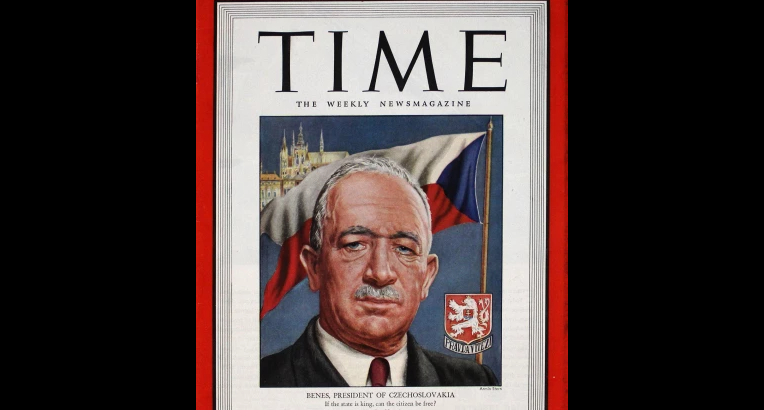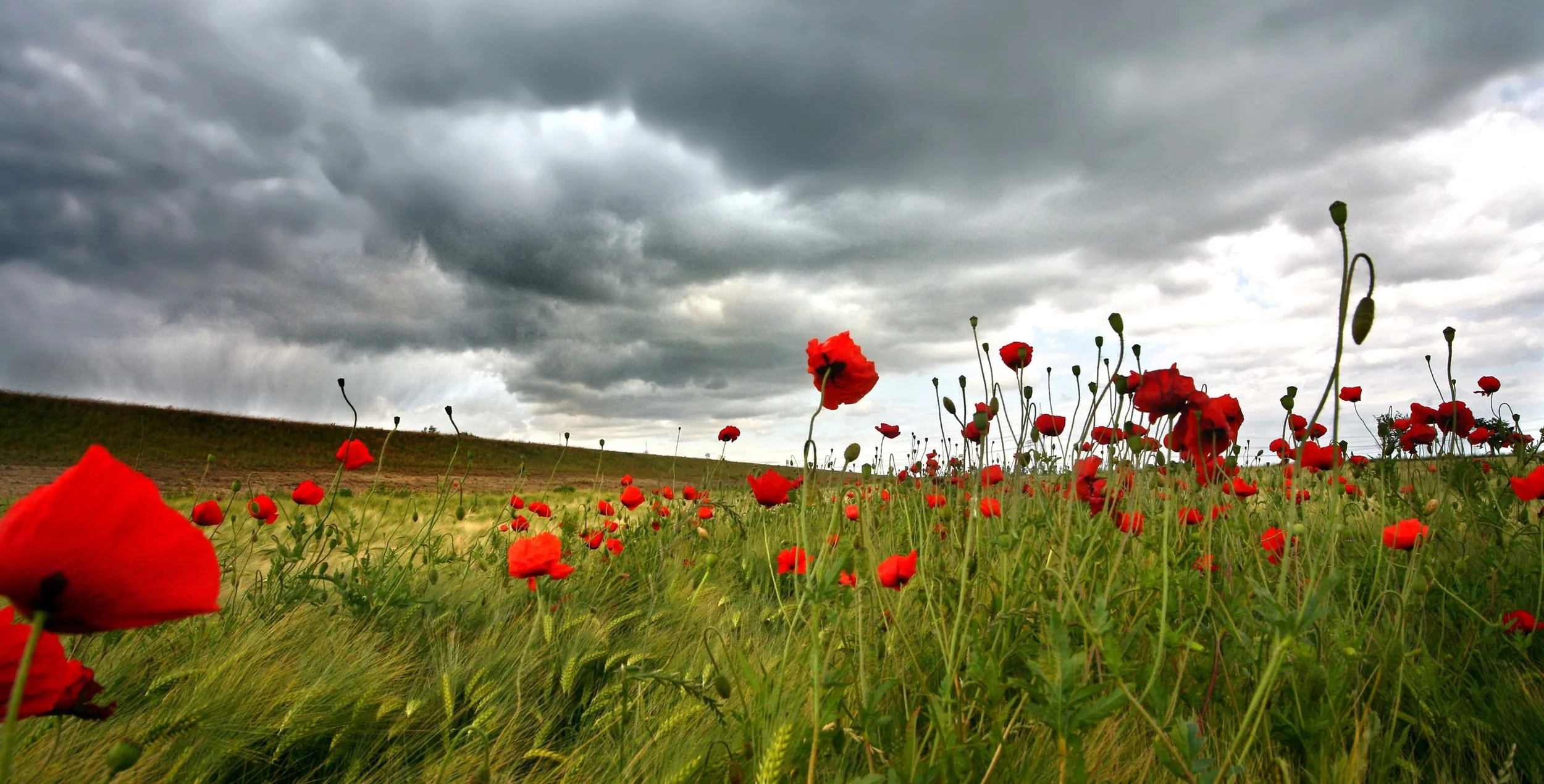A response to increased Germanization, the Czech National Revival revived Czech literature, language, history, and politics. Increased nationalism marked this period of cultural revival. The movement started before the 19th century with Czech intellectuals such as Josef Jungman and Josef Dobrovský becoming more discontent with the decrease in Czech culture, language, and national identity. Czech national identity also involved realism, rejecting the romanticism of the past, which was considered “anti-nationalist.” With the end of the Great War, the goals of the National Revival movement were successfully met.
Czech Cubism (Cubo-Expressionism)
The term Cubo-Expressionism was coined in the early 1970s to describe Czech avant-garde art in the 20th century, when elements of Cubism and Expressionism were combined. It was a revolt from earlier art forms with spiritual elements. Czech Cubism, as Cubo-Expressionism is also called, was applied to just more than art pieces, including furniture, objects, architecture, etc. One of the most famous Cubo-Expressionists is Pavel Janák, a Czech architect, designer, planner, professor, and theoretician.
Bertha von Suttner: the first woman to win the Nobel Peace Prize
Bertha von Suttner’s commitment to peace and anti-war movements created the building block to many significant changes in Europe. Unfortunately, the political figures and aristocracy she argued against ignored her warnings. For example, von Suttner warned governments and aristocracy of increased citizen involvement in affairs of war and even the use of nuclear weapons. Eventually, her ideas for peace were soon adopted post-World War II.
George "Papa Bear" Halas
The Chicago Bears began with American football coach, owner, and NFL administrator George “Papa Bear” Halas, born in Chicago, Illinois to Slovak immigrants. Initially, however, Halas began as a player who joined the Navy during World War I, before becoming a player-coach. Throughout his life, “Papa Bear” Halas invested his life into football, winning six NFL championships as head coach while practicing many innovative routines that allowed him and his team to win.
Edvard Beneš (28 May 1884 - 3 September 1948)
Edvard Beneš was born in Kozlany, Bohemia during the Austro-Hungarian Empire’s rule, but by October 14, 1918, he lived in a different nation, as the empire collapsed in place of the then-new Czechoslovakia. He served as the council chairman for the League of Nations to support the balance of powers in Eastern Europe, creating the “Little Entente.” Eventually, Beneš would succeed Masaryk as the Czechoslovakian president, faced with the threat of Germany, and the rest is history.
An Army with No Country: A Siberian Odyssey
It’s the First World War, and the Czechoslovaks got to get their soldiers from Ukraine to France, but without going through a Central Powers country or a sea without enemy ships. What do they do? Naturally, they go East: fight through the Bolsheviks, take over the Russian railway network, capture most of Siberia, and reach Vladivostok before the ships arrive to get you home. All this while losing less than 10% of your men over three years of fighting. It might sound crazy, but this is just the 2nd part to the story of the Czechoslovak Legion.
Czechoslovakia and their only naval battle
Despite being a landlocked nation, Czechoslovakia had a naval army, one which fought a single battle. This singular battle took place on Lake Baikal in Russia during WWI. Being that Czechoslovakian soldiers fought so far away from their own nation and that they seemed unwelcome in Russia, the situation of their naval military grew more complicated.
Dissolution of the Austro-Hungarian Empire
It's quite a difficult thing to pin down an exact historical reason for any significant event. We can, however, follow the lives of a specific royal family and the events that surrounded their tragic lives. Over the course of a seventy-two year span, we will look at the events that led to the creation and dissolution of the Austro-Hungarian Empire.










